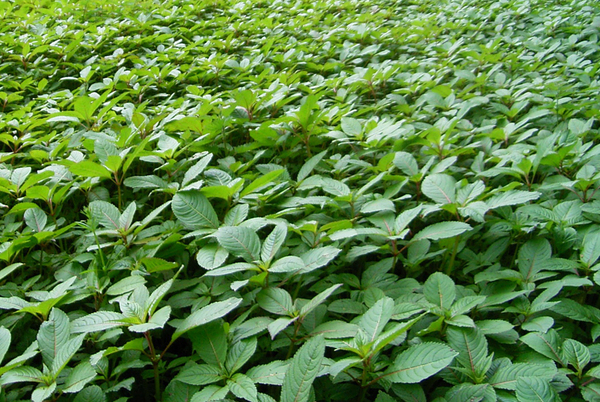Invasive species catch a wave
Over two years have now passed since the Tohoku earthquake rent the seafloor 40 miles off the coast of Japan. The 9.03 magnitude quake – the largest in Japan’s history – triggered a staggeringly destructive tsunami which cost the lives of over 15,000 people. Aside from the human tragedy of the disaster, the tsunami has…
Rhododendron ponticum – much more than just an invasive weed!
Rhododendron ponticum, native to southern Europe and south west Asia was introduced into the UK in the 18th Century. Since then, this plant has grown uncontrollably and is now a common sight throughout western parts of the British Isles in areas such as Cornwall, Wales and parts of Scotland and Ireland. Despite producing an attractive…
Asian longhorn beetle – A clear case for early eradication
It was confirmed last month that the first population of the forestry pest, the Asian longhorn beetle (ALB), was found in Kent, UK. Forest Research scientists discovered this damaging native of Japan and China infesting around 20 trees, and are now surveying the area to find out the full extent of the infestation. The establishment…
The value of costing nature in the fight against invasive species
Increasingly we are seeing the terms ‘ecosystem services’, ‘ecosystem functioning’ and ‘ecosystem processes’ in the media and the scientific literature, to highlight the benefits the natural environment provides to our wellbeing. Invasive species, from bivalves to balsams, have the potential to impact on ecosystem services, though it is widely accepted that there are gaps in…
Branson pickle
Sir Richard Branson, the billionaire entrepreneur, is reported to have applied for permits to introduce a colony of endangered lemurs to his British Virgin Islands (BVI), Mosquito and Necker. Having “rescued” the island of Mosquito from purchase by a hotel chain in 2007, his intention was to turn his £10 million Caribbean tax haven into…
Evolution of “Super-Invasive” Cane Toads
The cane toad (Rhinella marina) has become invasive in much of its introduced range, impacting significantly on biodiversity in these regions. Not only does the cane toad prey upon and compete with native species, it also produces a potent toxin that can be deadly to would-be predators. Nowhere is the impact of the cane toad…
The economic impact of invasive species on Great Britain revealed
A report, written by CABI for the Scottish government, Defra and the Welsh Assembly Government, estimates the cost of invasive non-native species to Great Britain in unprecedented detail. Invasive non-native species can have wide-ranging effects on biodiversity, crop production and people’s livelihoods. A better understanding of the negative impacts of invasive species will help to…
Could invasive species signal the end for native crayfish?
As one of Europe’s five native crayfish species, the white clawed crayfish (Austropotamobius pallipes) has suffered a huge decline in numbers in the last couple of decades. This docile crustacean is usually found hiding under rocks in streams, rivers and lakes, only emerging at night to avoid predators. A fortnight ago it’s IUCN status was…
Our rivers – corridors for colonisation
Our river systems are undoubtedly one of the most diverse habitats found within the British Isles. They provide us with numerous benefits including areas for relaxation and recreation, they harbour high levels of biological diversity, act as natural flood management, provide water for consumption and irrigation, and act as corridors for the movement of nutrients…
Argentine Ant Invasion Meets Resistance from Natives
The Argentine ant (Linepithema humile), from humble beginnings in South America, is now invasive on every continent and has a place on the list of 100 of the World’s Worst Invasive Alien Species. Transported around the world via human activity, this omnivorous ant impacts upon native flora and fauna and has been incredibly successful in outcompeting…






